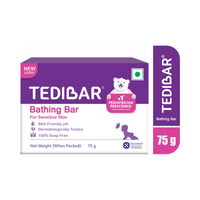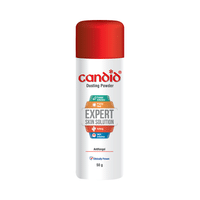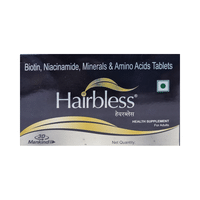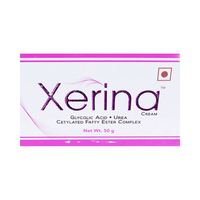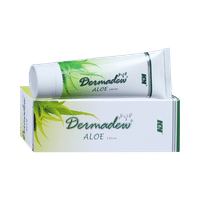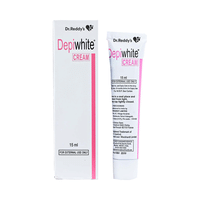C-Ketocare Lotion
Rs.336for 1 bottle(s) (100 ml Lotion each)
food interaction for C-Ketocare
alcohol interaction for C-Ketocare
pregnancy interaction for C-Ketocare
lactation interaction for C-Ketocare
medicine interaction for C-Ketocare
food
alcohol
pregnancy
lactation
medicine
No interaction found/established
No interaction found/established
C-Ketocare Lotion may be unsafe to use during pregnancy. Although there are limited studies in humans, animal studies have shown harmful effects on the developing baby. Your doctor will weigh the benefits and any potential risks before prescribing it to you. Please consult your doctor.
CONSULT YOUR DOCTOR
C-Ketocare Lotion is probably safe to use during breastfeeding. Limited human data suggests that the drug does not represent any significant risk to the baby.
SAFE IF PRESCRIBED
No interaction found/established
SALT INFORMATION FOR C-Ketocare
Ketoconazole(2% w/v)
Uses
Ketoconazole is used in the treatment of fungal infections.
How it works
Ketoconazole is an antifungal medication. It kills and stops the growth of the fungi by destroying its cell membrane, thereby treating your skin infection.
Common side effects
Nausea, Headache, Dizziness, Vomiting, Weakness, Abdominal pain, Hair loss, Increased liver enzymes, Fever, Application site redness, Itching, Diarrhea, Abnormal liver function tests, Adrenal insufficiency, Application site burning, Red spots or bumps, Hypersensitivity, Hepatitis (viral infection of liver), Application site pustules, Acne
Coal Tar(4% w/v)
Uses
How it works
Coal tar belongs to a class of drugs known as keratoplastics. It works by causing the skin to shed dead cells from its top layer and slow down the growth of skin cells. This effect decreases scaling and dryness. Coal tar can also decrease itchiness from these skin conditions.
Common side effects
Skin irritation, Photosensitivity, Hypersensitivity, Eye irritation, Hair loss, Dermatitis, Change in color of hair, Abnormal hair texture, Application site pain, Rash, Localized edema
SUBSTITUTES FOR C-Ketocare
6 Substitutes
6 Substitutes
Sorted By
 Rs. 295save 12% more per ml of Lotion
Rs. 295save 12% more per ml of Lotion Rs. 385pay 15% more per ml of Lotion
Rs. 385pay 15% more per ml of Lotion Rs. 249pay 20% more per ml of Lotion
Rs. 249pay 20% more per ml of Lotion Rs. 200save 42% more per ml of Lotion
Rs. 200save 42% more per ml of Lotion Rs. 400pay 15% more per ml of Lotion
Rs. 400pay 15% more per ml of Lotion
Expert advice FOR C-Ketocare
- Your doctor has prescribed Ketoconazole to cure your infection and improve symptoms.
- Do not skip any doses and finish the full course of treatment even if you feel better.
- Take it with food, preferably at the same time every day.
- Do not take indigestion remedies (antacids) within two hours of taking Ketoconazole.
- Your doctor may check your liver function before starting treatment and regularly thereafter. Inform your doctor if you notice yellowing of eyes or skin, dark urine, or stomach pain.
- Inform your doctor if you are pregnant, planning pregnancy or breastfeeding.
- Inform your doctor if you experience an allergic reaction like skin rash, swelling of face and shortness of breath.
Frequently asked questions FOR C-Ketocare
Ketoconazole
Q. Can Ketoconazole prevent hair loss?
No, Ketoconazole does not prevent hair loss.













